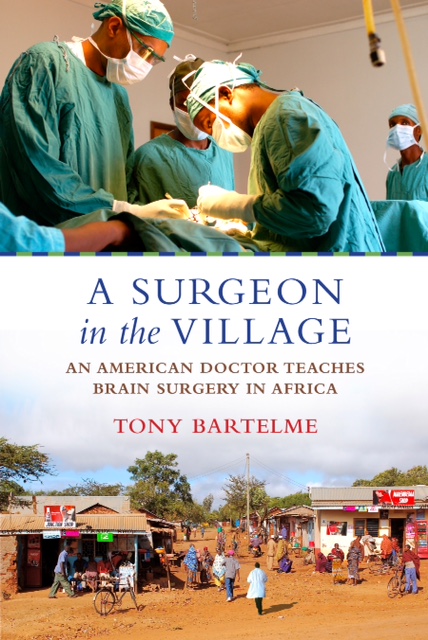Seven journalsts selected as diversity fellows by the Schuster Institute and the Fund for Investigative Journalism have begun working on their projects.As they continue their reporting, the fellows will take part in training and networking conferences — thanks to the generosity of Jon Logan and the Reva and David Logan Foundation.Three of the fellows are spending the final days of April at the University of California, Berkeley, for the invitation-only Logan Symposium. The remaining four head to Phoenix in June for the IRE conference.Funding from the Logan Foundation allows FIJ to pay the full cost of registration, airfare and accomodations for the fellows.
Lisa Armstrong, Michele Chabin, Lottie Joiner, Jaeah Lee and Linda Matchan were announced earlier this year as FIJ Schuster Institute Social Justice Investigative Reporting Fellows. Sonia Paul and Stacy Thacker were selected as investigative “rising stars.”
The fellowships, underwritten by the Ford Foundation, hopes to increase the ranks of women and journalists of color in a field where they have been underrepresented.
In other news: FIJ recently announced $120,000 in grants for investigative journalism. Visit FIJ.org for a list of the latest grant recipients.

 Kathmandu Post reporter Roshan Sedhai talks with members of the Tamang community in the hills outside of Kathmandu. (Photo courtesy of Lucinda Fleeson.)
Kathmandu Post reporter Roshan Sedhai talks with members of the Tamang community in the hills outside of Kathmandu. (Photo courtesy of Lucinda Fleeson.) The shortage of surgeons leads to more than 17 million deaths worldwide every year. In his book, “A Surgeon in the Village,” recently published by Beacon Press,Tony Bartelme explores the problem by chronicling an American neurosurgeon’s quest to teach brain surgery in a poor and remote area of Tanzania. The neurosurgeon, Dr. Dilan Ellegala, visited Tanzania in 2006 and was surprised to learn that the country had only three brain surgeons for its entire population of 43 million people. Bartelme’s book documents the unintended consequences of the short-term medical mission model and new ways to reduce the global surgical gap.
The shortage of surgeons leads to more than 17 million deaths worldwide every year. In his book, “A Surgeon in the Village,” recently published by Beacon Press,Tony Bartelme explores the problem by chronicling an American neurosurgeon’s quest to teach brain surgery in a poor and remote area of Tanzania. The neurosurgeon, Dr. Dilan Ellegala, visited Tanzania in 2006 and was surprised to learn that the country had only three brain surgeons for its entire population of 43 million people. Bartelme’s book documents the unintended consequences of the short-term medical mission model and new ways to reduce the global surgical gap.

